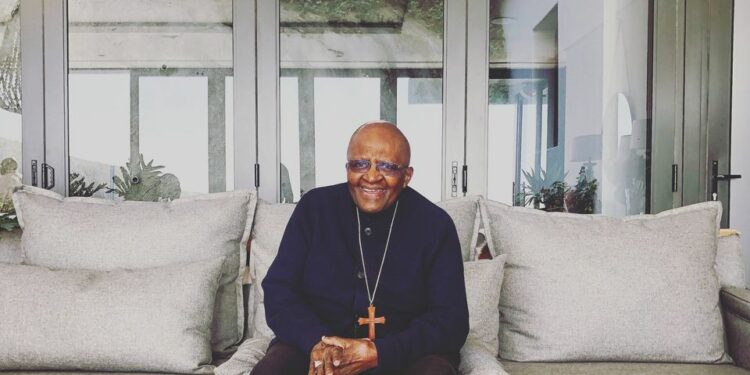Often hailed as the conscience of South Africa, Tutu was a key campaigner against South Africa’s previous brutal system of oppression against the country’s black majority.
After South Africa achieved democracy in 1994, he continued to be an outspoken proponent of reconciliation, justice and LBGT rights.
The racial insult sprayed last month on a mural of Tutu in Cape Town is “loathsome and sad,” said Mamphela Ramphele, acting chairwoman of the Desmond and Leah Tutu Trust.
South Africans must continue Tutu’s work for racial equality, she told The Associated Press.
“Racism is a curse South Africa must escape,” said Ramphele. “Archbishop Tutu’s legacy is huge. He fought against racism and fought for the humanity of us all.”
Although frail, Tutu is expected to attend a service TODAY, at St. George’s Cathedral in central Cape Town, where as the country’s first black Anglican archbishop he delivered sermons excoriating apartheid.
He was awarded the Nobel Peace Prize in 1984 for his campaign of non-violent opposition to South Africa’s system of white minority rule.
After retiring as archbishop in 1996, Tutu was chairman of South Africa’s Truth and Reconciliation Commission which investigated human rights abuses during the apartheid era.










